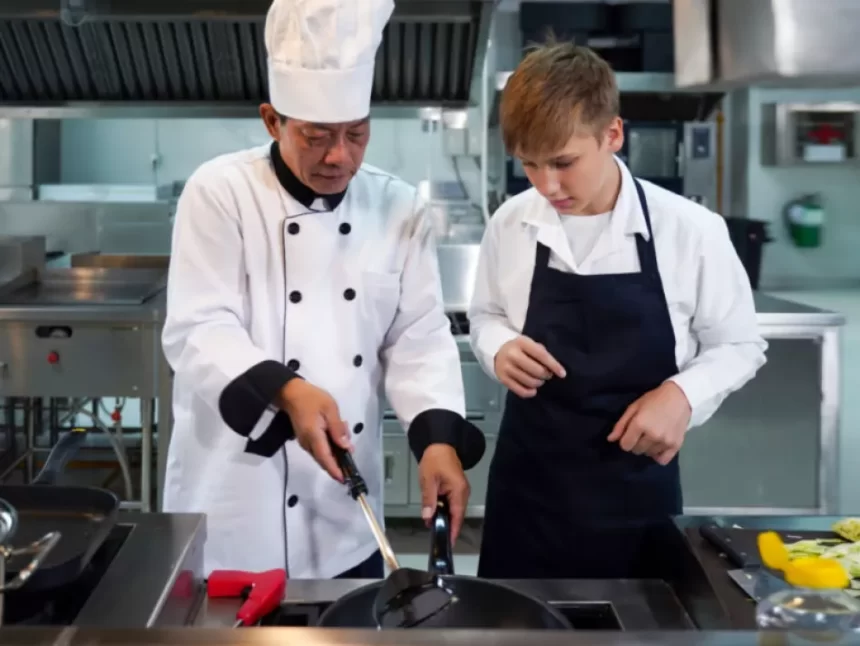TAFE enrolments in South Australia are booming since the fee-free initiative has seen a growing number of students choose vocational training instead of university.
TAFE institutions across the state received a total of 15,100 applications for 2024 – an increase of 65 per cent from two years ago since the fee-free initiative was introduced to help boost enrolments in courses that will create job-ready graduates to address key skills shortages.
In 2023, more than 10,600 places were used for fee-free TAFE study.
Popular courses attracting new student talent
For semester one of the new 2024 school year, more than 8300 SA TAFE applicants, including non-fee-free students, have already received first-round offers. Further offers will be made weekly from January 12 until applications for semester one close on 19 April.
Some of the courses proving popular with fee-free TAFE students include a Certificate III in pathology collection, which has experienced a 16 per cent spike in enrolments since the fee offer launched.
South Australian Education Minister Blair Boyer says it was “fantastic to see such a significant increase” in enrolments at TAFE.
“We have been working tirelessly to rebuild TAFE SA over the past two years and we are seeing the results with more South Australians getting the skills they need for the jobs we’re creating,” Mr Boyer says.
“We will continue to invest in rebuilding TAFE SA for the benefit of future generations of South Australians.”
Skilled workers needed across multiple sectors
David Coltman is TAFE SA’s chief executive and says the vocational education provider was “working closely” with industry to help fill in-demand roles and address skills shortages affecting a range of sectors.
“With the growth in demand for skills in current, new and emerging industries, the importance of addressing skills shortages and also increasing our skilled workforce has never been more important,” Mr Coltman says.
IT support, business and administration, and nursing are all popular courses at SA TAFE for the year ahead, with a diverse array of new courses, including beauty therapy, cookery, cyber security and fashion all projected to attract a new generation of vocational training students.
“The innovative approaches of our educators to utilising technology … ensures that access and flexibility are now key to our course development and delivery,” Mr Coltman says.








